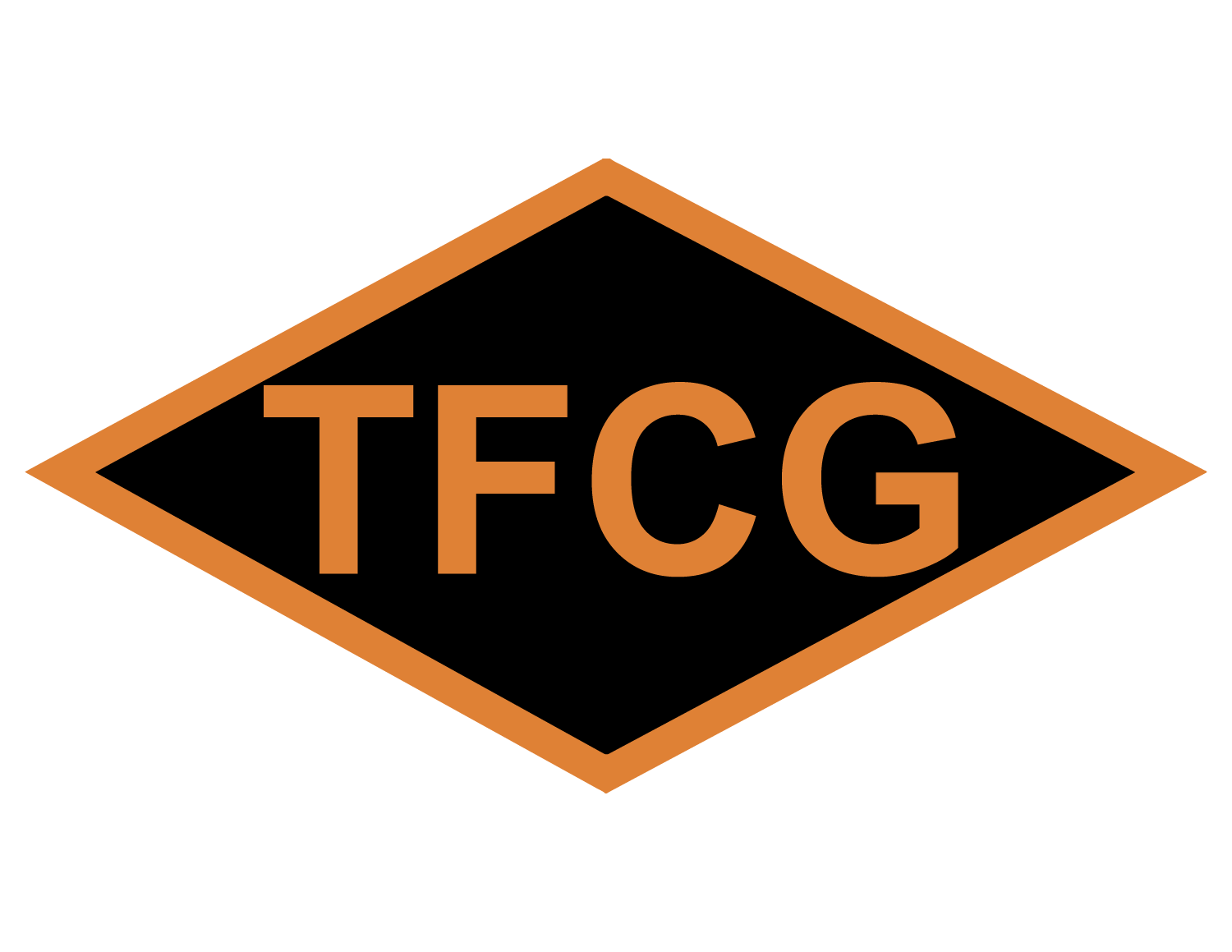Great Teams in the Tour de France (#49)
Some of college football is cancelled, baseball is playing in empty stadiums, and the NBA may be finished playing in the Orlando bubble. Like many of you, I’m disappointed that sports this year doesn’t feel normal.
However, if you are looking for an exciting sporting event that is close to normal to watch over the next month, I encourage you to tune in to the Tour de France (TDF) on NBC from August 29, 2020 to September 21, 2020. This year’s TDF has 176 riders competing during 21 stages (a day’s worth of racing, usually 100+ miles) over 2,156 miles of French countryside. Each day’s race is a separate competition and the overall race results is a competition as well. Although an individual rider will don the yellow jersey as the winner in Paris on September 21, it is a test of perseverance and the strength of the team to win the Tour de France.
Tour de France Route 2020
For the 2020 TDF there are 22 cycling teams, each run by a team director (a coach). Each team has 8 cyclists with different roles and abilities. There is typically an overall rider (called the GC contender), a sprinter specialist, a couple of mountain climbing specialists, and four all around helpers called domestiques (there job is to do the hard work to get the others to a position to win). The major teams to watch this year are Team Ineos/Grenadier with Egan Bernal (won TDF 2019) and Richard Carapaz (won the Giro, another major race, 2019) and Team Jumbo-Visma with Primož Roglič, Tom Dumoulin, and Wout van Aert. Team Decunick-Quickstep with Julian Alaphilippe (a very aggressive French rider who took 5th in the TDF 2019) and Team Bora–Hansgrohe with Peter Sagan (a great sprinter, may win stages, but not the race) will also be exciting teams to watch.
Lots of leadership training uses sports as an example. I like the TDF as an example for corporate groups since TDF Teams have to execute every day for over three weeks. Like with corporate groups, how do you build a team that operates at a consistently high level, day-in and day-out?
Team Ineos and Team Ineos Grenadier Kit, 2020
Since Team Ineos Grenadier won the Tour de France from 2015-2019 let’s take a look at their team dynamics. For the non-cycling fans Ineos is like the New York Yankees in baseball or the New England Patriots in football — fans either love them or hate them. Team Ineos (they will be called Ineos Grenadier during the Tour to advertise a new SUV) is a massive organization with the ability to field a team at two cycling races simultaneously. Under the leadership of Sir David Brailsford, the team has a budget of $52M per year (believed to be more than any other team), 30 riders, and 76 team members from sport directors, performance coaches, doctors, psychologists, chefs, mechanics, and brand managers. How has Brailsford been able to turn this team into the dominant team in cycling for the past five years?
As I stated before, I believe that there were five critical elements that helped forge great teams:
A goal
A roadmap of how to get there
A scoreboard that tracks the progress
A culture that provides the guardrails for the team to operate between.
Trust in the team that developed through shared experiences and hardships
So how does Team Ineos Grenadier do it? The goal of Team Ineos is to win the Tour de France and as many other bike races as they can. The thing that Ineos does better than the other teams is the road map. The Ineos road map year after year is hire the best bike racers that they can with their large budget, train hard, be disciplined, and be dedicated to the pursuit of marginal gains — a series of tiny improvements in many different areas that end up resulting in a win. The concept of marginal gains isn’t new — it is borrowed from the Japanese concept of kaizen, which was a very popular concept in the 1980s. For Ineos the concept of marginal gains includes a better bus for the riders, an air conditioned truck for the mechanics, separate washing machines for each riders kit, biofeedback for each rider, keto nutrition, etc., etc. There are, of course, allegations that Ineos has taken marginal gains too far. The team also develops trust in each other during tough training camps on the island of Mallorca, Spain’s Sierra Nevada, or Tenerife, an island off the coast of Africa.
This years cycling season is different due to the coronavirus. The pre-TDF races have shown that Team Ineos Grenadier may not be as dominate as it once was. The relatively unknown Dani Martinez from Team Education First won the the Critérium du Dauphiné, a 5 day race which was the last big tune up before the TDF. So the TDF is shaping up to be anyone’s race to win. I’ll be watching the TDF this year to see which of the cycling teams — Ineos, Jumbo-Visma, Decunick-Quickstep, or some other team — has built the strongest team and will be standing on the podium in Paris on September 21, wearing the yellow jersey.


